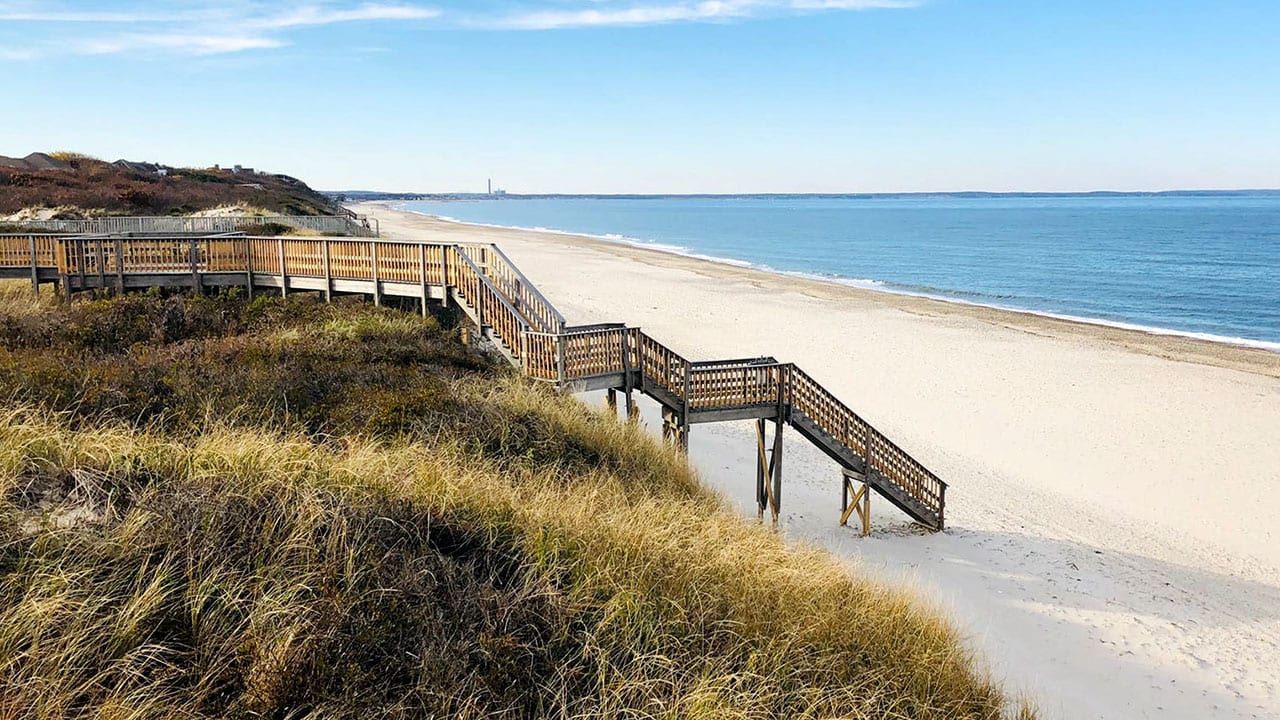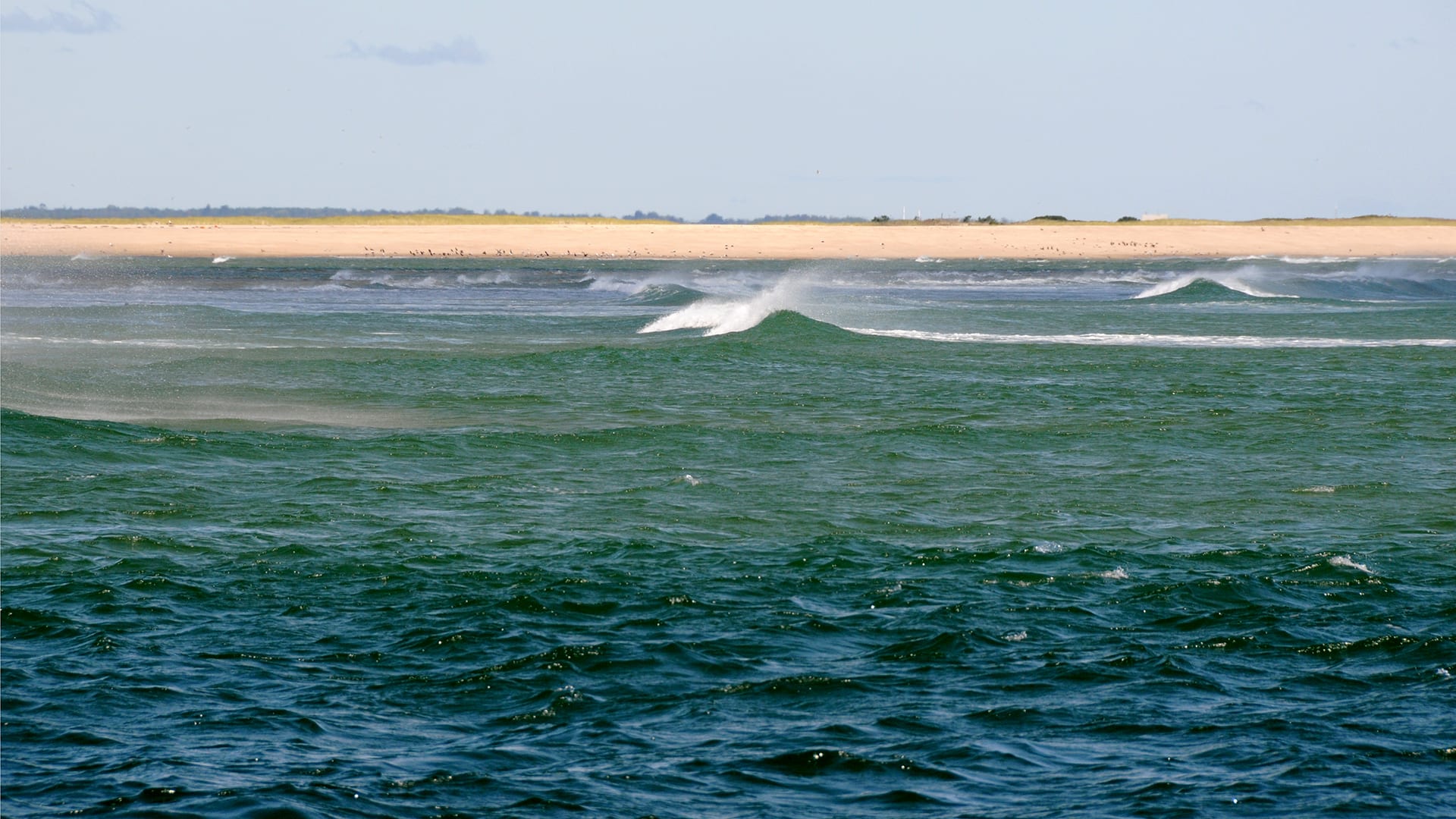Summer’s coming: Will Cape Cod beaches be safe?
By Evan Lubofsky | April 14, 2020
Towns across Cape Cod have closed beach parking lots to help reduce the spread of the COVID-19 virus. As the summer beach season approaches, residents are wondering if local beaches will be safe for swimming and other activities. (Photo by pexels.com)

“Stay Home, Shred Later.”
That’s the message currently greeting surfers and beach enthusiasts when they land on the homepage of Surfrider Foundation, a California-based environmental protection and conservation non-profit organization. Last week, the foundation published a report on COVID-19 and beach water quality stating that, according to research, the virus can remain infectious in freshwater environments, but that “there is still no information on the ability of the COVID-19 virus to remain viable in saltwater, so it’s unclear if swimming at saltwater beaches elevates the risk of contracting COVID-19.”
As summertime quickly approaches on Cape Cod—3,000 miles from the surfing beaches of Southern California—the question of beach safety has started to swell among residents. Beach parking lots across the Cape have already been closed to reduce spread of the virus, and many locals are wondering if the beach crowds that normally show up after Memorial Day will be staying away this year.
WHOI microbiologist Amy Apprill, who lives on the Cape and studies pathogens in marine environments, says it’s too early to tell whether the virus will pose a public health risk this coming summer.
“To predict if we can use our Cape Cod beaches this summer, scientists will need to learn more about how SARS-CoV2, the virus that causes COVID-19, fares under typical summer weather with warmer temperatures and higher light conditions,” she says.
Waves could also be a factor. When they break, they can launch microscopic pathogens into the atmosphere. According to researchers from the National Academy of Science, Engineering and Medicine, the virus can remain infectious in these natural aerosol mists, which Apprill points out are “more common in ocean surf zones than in freshwater environments.”
Wastewater is another potential variable. In a recent story published in the Los Angeles Times, Dr. Kim Prather, director of the National Science Foundation’s Center for Aerosol Impacts on Climate and the Environment (CAICE), expressed fear that the virus could enter coastal waterways through raw or poorly treated sewage. There are currently no known cases of COVID-19 caused by sewage leaks, according to new research, but the possibility exists that coronaviruses can remain infectious for days in effluent—something Apprill says could be a factor on the Cape.
“Due to the Cape’s dependence on septic systems instead of sewers, many of our Cape beaches are already impacted by sewage pollution,” she says. “Therefore, concerns about contracting COVID-19 from sewage do apply to many Cape beaches, and especially those with many beachfront properties.”
Overall, it may be too early to tell what kind of health risk the virus poses to Cape beachgoers this summer, but for now, Surfrider Foundation’s “Stay Home, Shred Later” guidance seems appropriate for beachgoers on both coasts.
“Being on a beach that other people are on—or have been on—does carry risk for contracting COVID-19,” says Apprill. “Operating under an ‘abundance of caution’ is the right decision, whether you’re walking on a beach or doing anything that could make others more susceptible to the virus. Ultimately, we need more science to tell us what is safe and what is not.”

